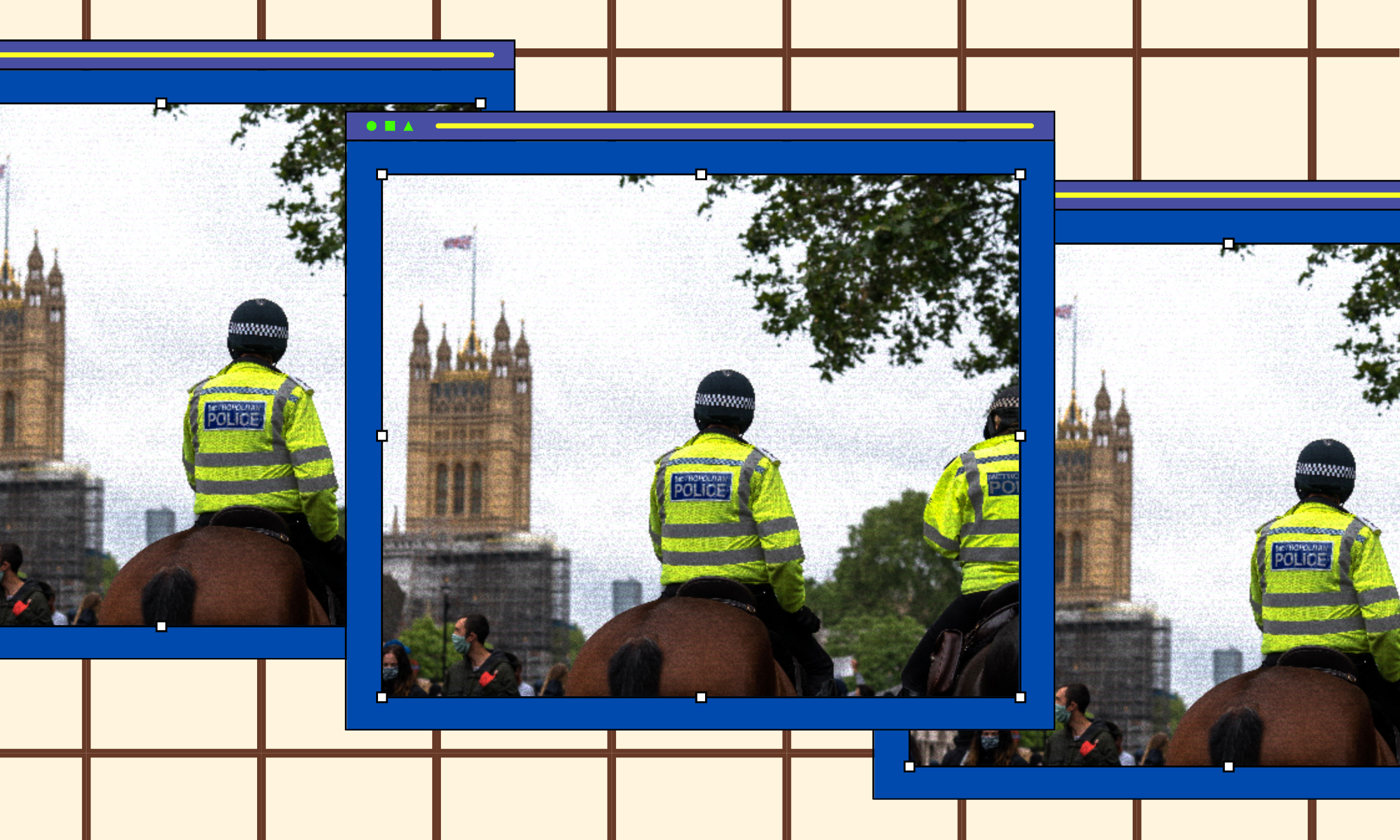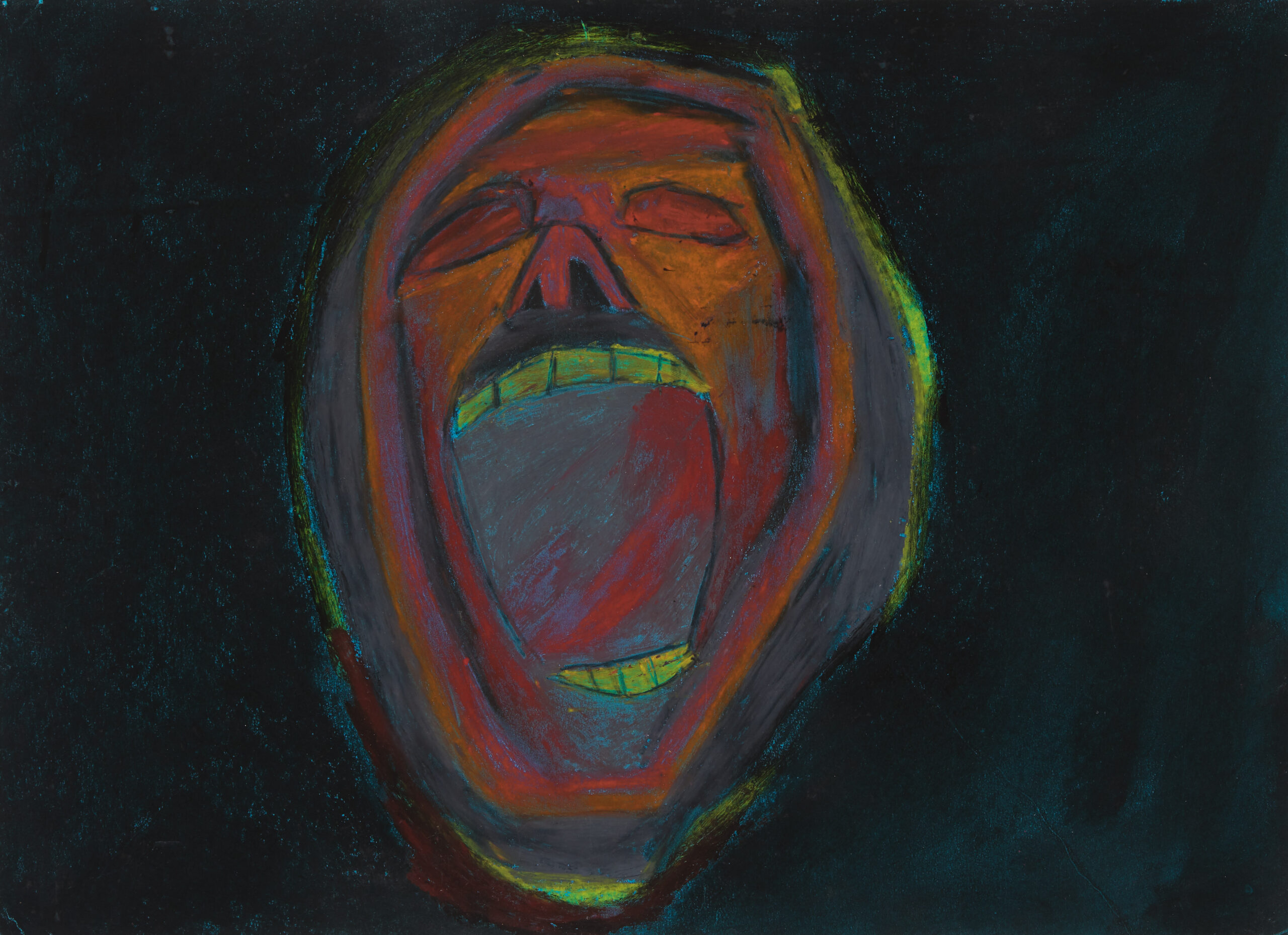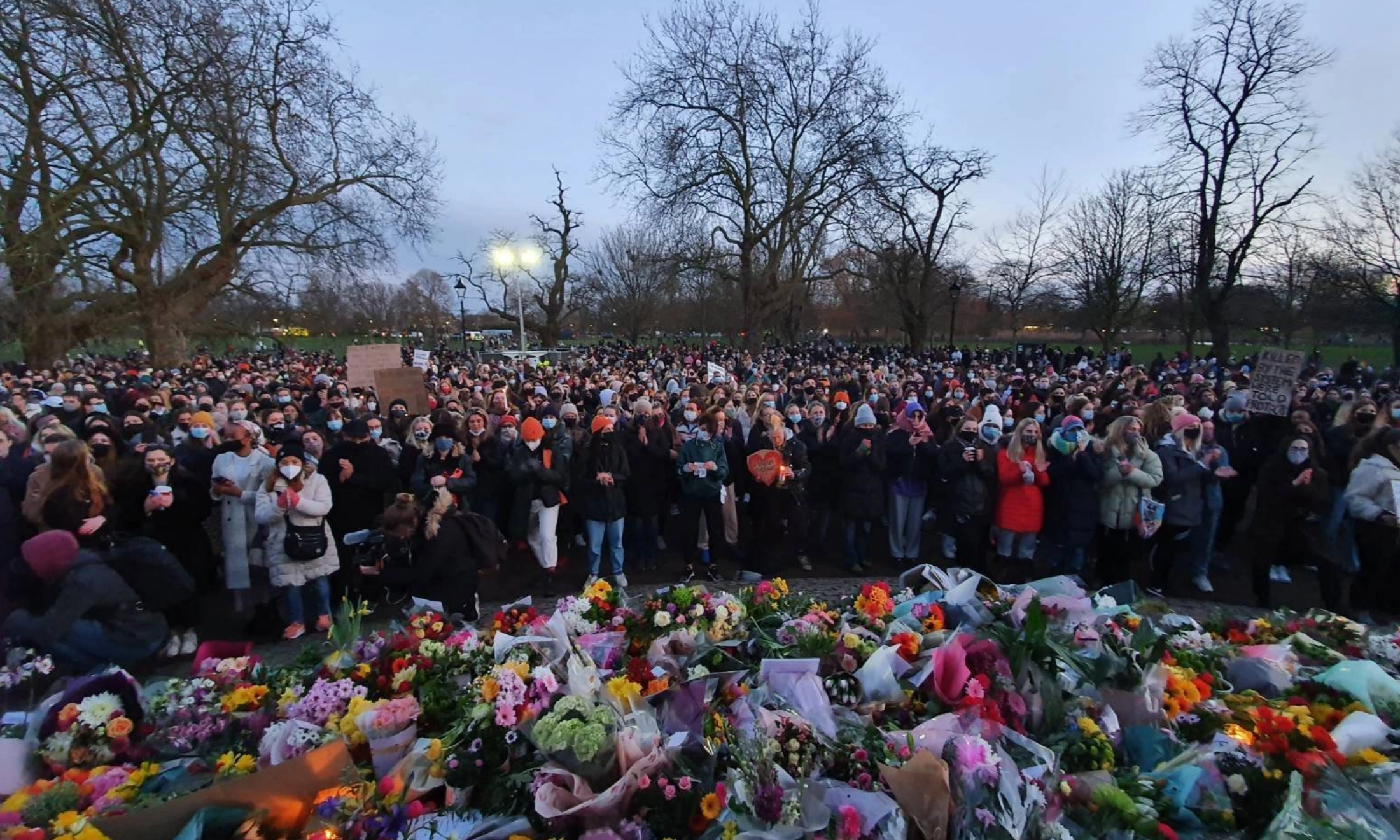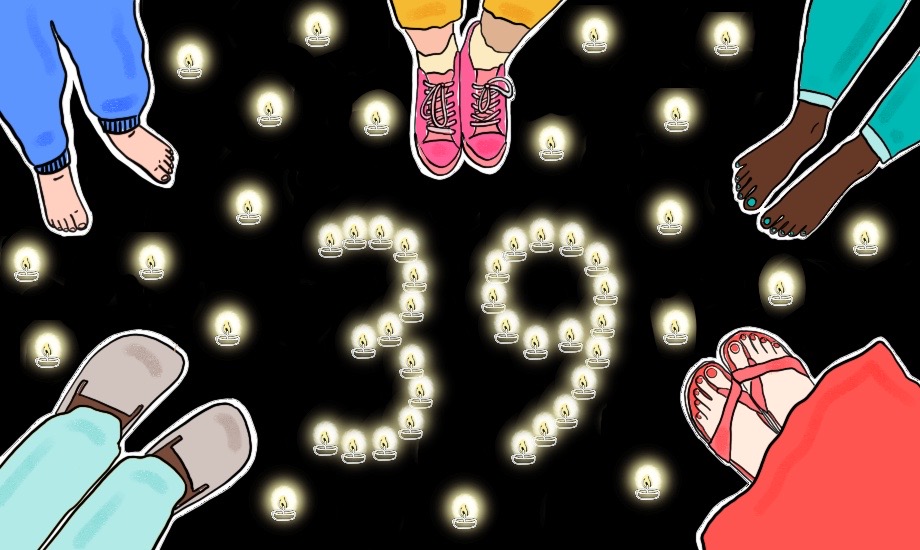
How Breonna Taylor’s death reaffirmed my commitment to finding justice in abolition
There have been many calls to arrest the police that killed Breonna Taylor, but I do not believe we can find justice in arrests and prisons.
Andrea Ambam
30 Aug 2020
Photography via Lorie Shaull / Flickr
On 13 March 2020, the day of Breonna Taylor’s death, her name, image and likeness had not yet taken over the news.
In fact, despite the tragedy of her death, it would be months before her story finally entered mainstream discourse. From then on, calls for justice morphed rapidly. What started with “Breonna Taylor’s name is no longer trending” quickly turned to “It’s a good day to arrest the cops who killed Breonna Taylor,” and has now launched into the front cover of Vanity Fair and the controversial, “Breonna-Con”, hosted by Until Freedom. No matter how you feel about the journey of Breonna Taylor’s story and the use of her name, one thing is clear: what we’re all watching, experiencing, and engaging in is a collective straw grasp, a desperate chase for justice in her name.
The older I get, the less tangible the concept of justice feels. It seems made up. Blurry. Abstract. It feels like something a white man painted then sold for thousands of dollars but no one can actually tell you what it is. It feels distant – too verbose and just out of reach. And yet, I can’t stop stretching for it. This is the plight of the Black person living in America – in a country born out of the wrongdoing and harm against us. Our very existence becomes an unconscious or conscious existential quest for justice.
“Justice feels like something a white man painted then sold for thousands of dollars but no one can actually tell you what it is”
Even now, in this summer that heats up with injustice every day, Jacob Blake’s terrifying police brutalisation has invoked the most recent surge in our pursuits of justice. Call this governor, email that attorney general, fire these cops, attend these protests – this unwilled quest for justice is convoluted and demanding.
If you asked me nine years ago, I would have told you that justice can be found in arrests and prisons. No doubt. In high school, I did not believe in things like the death penalty, but I definitely believed in the system. Or at least, I believed in what the system could be. But the more I learned, the more I lost faith. Overworked public defenders, overpriced bail, biased sentencing, biased policing; it’s safe to say I had an “oh, shit” moment. This is when I became conscious of my quest.
By the time I was in college pursuing my Bachelor’s degree in Forensic Psychology and Criminology, I was introduced to all types of justice and theory, but I still felt largely unsatisfied by the options. In the midst of the deaths of Freddie Gray, Alton Sterling, Philando Castile; the unsaid names of Mya Hall, Korryn Gaines, Natasha McKenna; the election of Donald Trump, even when I was presented with alternative forms of justice, it was hard to believe the criminal justice system could turn itself inside out and suddenly uplift the powerless rather than sustain the powerful. In general, anything involving the criminal justice system was getting harder and harder to believe in. So there I was, questing and questioning – what is justice? Who gets it? But perhaps the bigger question, who gives it?
OH SHIT! That was the problem. Justice, as we know it, requires permission. Justice depends on us – the harmed, the wounded, the wronged – to FIRST be recognised by the person(s) with power before it can be received. Justice, in its current form, is purely state-sanctioned. I’ve been thinking about this idea of state-sanctioned justice for a while now. Like the frequently used term “state-sanctioned violence”, it is justice that is permitted and determined by the state and only the state – and, like state-sanctioned violence, state-sanctioned justice is inherently violent. It means justice is not ours to have, but rather preemptively “established’ by those in power (see: the Preamble of the Constitution).
“It was hard to believe the criminal justice system could turn itself inside out and suddenly uplift the powerless rather than sustain the powerful”
Daniel Cameron, the attorney general overseeing Breonna Taylor’s case, is the perfect example of the way in which justice is gate-kept by those in power. After protests led by Until Freedom took place outside of his home, he responded, “Justice is not achieved by trespassing on private property, and it’s not achieved through escalation; It’s achieved by examining the facts in an impartial and unbiased manner.” Because, to the state, justice has never been ours to obtain. It has been theirs to hand out as they see fit.
So this means potentially, as Black people in America, our entire existence could be delegated to taking the streets after another person becomes a hashtag, begging the criminal justice system to do something. A life dedicated to demanding, waving our arms in the air, and hoping that the state will finally see us as worthy of victimhood and by proxy, worthy of justice. Even if that happens, does the next unjust act against us stop? Amber Guyger went to prison for killing Botham Jean in October of 2019, but that didn’t stop Brett Hankison, Myles Cosgrove and Jonathan Mattingly from killing Breonna Taylor. My God, this seems exhausting. But maybe that’s the point! That state-sanctioned justice is so far out of reach, but seemingly just close enough that we will keep reaching for it. Until we become so exhausted we settle for anything that feels “just” enough. Because, if this summer has taught us anything, it’s that the pursuit of state-sanctioned justice is never-ending, relentless, and exhausting.
The more exhausted I am by state-sanctioned violence, the less interested I become in state-sanctioned justice. I am no longer the hopeful criminology student seeking to change the system from within. That may sound depressing, like somewhere along my quest the harsh realities of the world crushed my activist dream, but actually ever since I’ve let go of state-sanctioned justice and instead started reading about abolition – I’ve been dreaming bigger than I ever have before.
“Abolition tells me I can make my own damn garden, get the whole community involved, and we can decide what flowers go in”
A world without prisons? Without police? Without ICE? At one point that world sounded fairytale-like to me. However, the more I read the more convinced I become. Abolition has the potential to be liberation from pre-established forms of justice and allows us to make space for our own forms. Nothing stretches my imagination more than thinking about abolition in all of its many and complex facets. Believing in abolition gives me the most control of justice I’ve ever had. We chant “the whole damn system is guilty as hell”. Abolition lives it, recognises it, and adjusts accordingly. Instead of watering a weed and demanding it to be a rose, abolition tells me I can make my own damn garden, get the whole community involved, and we can decide what flowers go in. It took time to come around to this realisation.
In the beginning, I had way more questions than answers; “Wait, so who do we call for help? And where do the murderers go? And the rapists? What about them?” It was most difficult to confront the reality that the entire carceral system, from policing to prisons, never truly had the answers to these questions either.The carceral system proudly touts crime prevention and reduction, but communities, like Chicago, with a police budget of $1.6 billion, suggest otherwise. As soon as I found out I was buying into a system that wasn’t holding its end of the deal, I was out and welcoming abolition with open arms.
I still have so much learning to do. I am by no means the perfect abolitionist. I’m not so sure that the perfect abolitionist exists. Every day I ask myself what does justice for Breonna Taylor actually look like and how am I participating in the achievement of it? How close is abolition and should I be settling for state-sanctioned justice until then? If you’re asking yourself similar questions, start with this brilliant op-ed “We Want More Justice For Breonna Taylor Than The System That Killed Her Can Deliver” and engage with the work of Critical Resistance. Once you’ve done that, read up on the policies that uphold state-sanctioned justice in your community and start looking for places to uproot them. Abolition may be exciting, but it requires work. Work that is specific, difficult, and ultimately, maybe more for the Black future than it seems like it is for the Black present. When I see the smiles of my younger siblings — ages eight, 12, and 13 — I am okay with that reality.
To Breonna Taylor: You deserve(d) better. Keep resting in power and in peace. As for those of us still saying your name — no justice, no peace.









